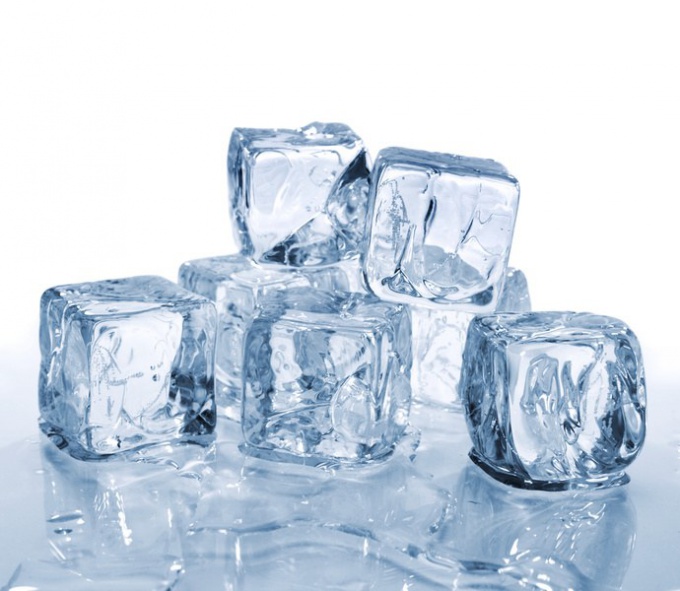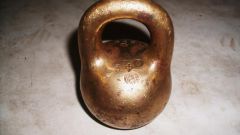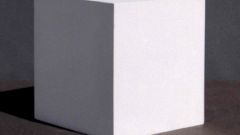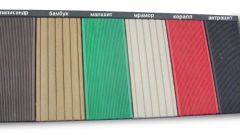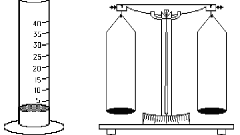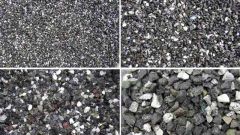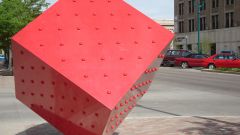You will need
- calculator, table of density of a substance.
Instruction
1
To find the mass of the cube as a physical body, measure the edge length of the cube and determine the density of matter, which consists of cubic edge Length of a cube record in meters (m), and the density in kilograms per cubic meter (kg/m3). To determine density, use the appropriate tables of the density of a substance. If the density of the substance expressed in g/cm3, then transfer to kg/m3 multiply this number by 1000. Then multiply the density of matter on the Dean of the cube erected in the third degree. That is, use the formula:
M = N * P3,
where:
M – mass of the cube in kilograms,
P is the density of the cube in kg/m3,
R is the edge length of the cube in meters.
M = N * P3,
where:
M – mass of the cube in kilograms,
P is the density of the cube in kg/m3,
R is the edge length of the cube in meters.
2
Example.
What mass will have an ice cube size of 1 cm?
Solution.
Find in the table the substance density: the density of ice is equal of 0.917 g/cm3. Translate the density and size of the cube in the system of SI units:
1cm=0.01 m,
Of 0.917 g/cm3=917 kg/m3.
Substitute numbers into the formula, we get:
M = 917 * 0,013 = 0,000917 (kg).
What mass will have an ice cube size of 1 cm?
Solution.
Find in the table the substance density: the density of ice is equal of 0.917 g/cm3. Translate the density and size of the cube in the system of SI units:
1cm=0.01 m,
Of 0.917 g/cm3=917 kg/m3.
Substitute numbers into the formula, we get:
M = 917 * 0,013 = 0,000917 (kg).
3
If the size of the cube is unknown and difficult to measure, then determine the volume of the cube. To do this, place the cube in a measuring vessel with water and determine the volume of liquid displaced by it.
Alternatively, it is possible to determine the mass of the displaced water cube. The mass of the displaced water in grams, multiplied by 1000000 will equal the volume of cube in m3.
After determining the volume of the cube and its density, find its mass using the following formula:
M = P * V,
where: V is a classical designation of the volume.
Alternatively, it is possible to determine the mass of the displaced water cube. The mass of the displaced water in grams, multiplied by 1000000 will equal the volume of cube in m3.
After determining the volume of the cube and its density, find its mass using the following formula:
M = P * V,
where: V is a classical designation of the volume.
4
If you just need to find the mass of the cube, then, apparently, means the mass of a cubic meter of any substance. It may be fluid, granular substance or material (e.g., boards). To determine the mass of a cube in this case, just specify the density of the substance. The numerical value of the density, expressed in kg/m3, and is the mass of the cube in kilograms. In this case, note that the density of water and weak aqueous solutions is equal to 1000 kg/m3, i.e., the mass of a cube of water is equal to 1000 kg (one ton).
